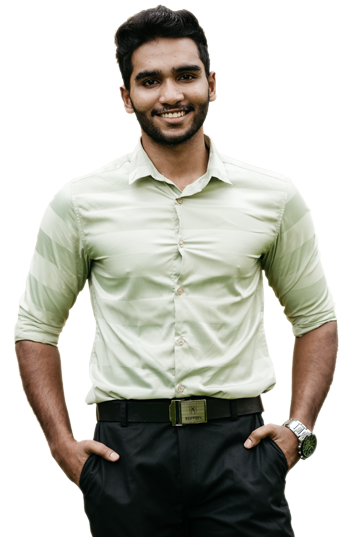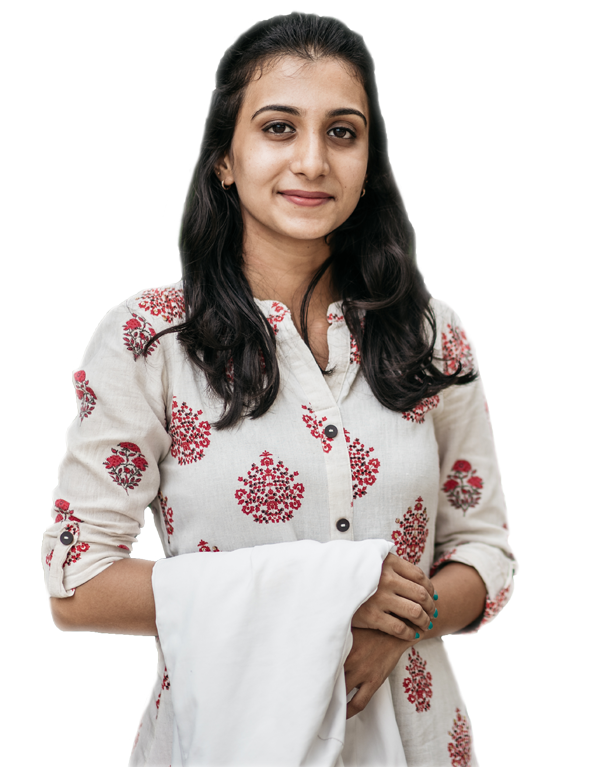
Eligibility and Admission Procedure
Pass in MS (General Surgery) or equivalent examination from a medical college recognized by the MCI with permanent registration of any State Medical Council.
Admission is based on inter-se merit in NEET-SS which is conducted by the National Board of Examination (NBE). Kindly visit www.mcc.nic.in after announcement of the NEET-SS results to know the procedure of counselling in Deemed/Central Universities.
The fee structure is made available on our website www.nitte.edu.in
For any information regarding the admissions,mail us at: info@nitte.edu.in

Program Structure
| Paper I | Basic Sciences applied to Urology |
| Paper II | General Adult and Paediatric Urology |
| Paper III | Regional Systemic Urology |
| Paper IV | Recent Advances in Urology |
Other requirements: Dissertation
Program Outcomes
At the end of the program, graduates will be able to...
- PO1: Recognize the importance of the concerned speciality in the context of the health needs of the community and the national priorities in the health sector;
- PO2: Practice the speciality Urology ethically and in step with the principles of primary health care;
- PO3: Demonstrate sufficient understanding of the basic sciences relevant to the concerned Speciality;
- PO4: Identify social, economic, environmental, biological and emotional determinants of health in a given case, and take them into account while planning therapeutic, rehabilitative, preventive and promotive measures/strategies;
- PO5: Diagnose and manage the majority of the conditions in the speciality concerned on the basis of clinical assessment, and appropriately selected and conducted investigations;
- PO6: Plan and advise measures for the prevention and rehabilitation of patients suffering from disease and disability related to the speciality;
- PO7: Demonstrate skills in the documentation of individual case details as well as morbidity and mortality rate relevant to the assigned situation;
- PO8: Demonstrate empathy and humane approach towards patients and their families and exhibit interpersonal behaviour in accordance with the societal norms and expectations;
- PO9: Play the assigned role in the implementation of national health course, effectively and responsibly;
- PO10: Organize and supervise the chosen/assigned health care services demonstrating adequate managerial skills in the clinic/hospital or the field situation;
- PO11: Develop skills as a self-directed learner; recognize continuing education needs; select and use appropriate learning resources;
- PO12: Demonstrate competence in basic concepts of research methodology and epidemiology, and be able to critically analyze relevant published research literature;
- PO13: Develop skills in using educational methods and techniques as applicable to the teaching of medical/nursing students, general practitioners and paramedical health workers;
- PO14: Function as an effective leader of a health team engaged in health-care, research or training.


